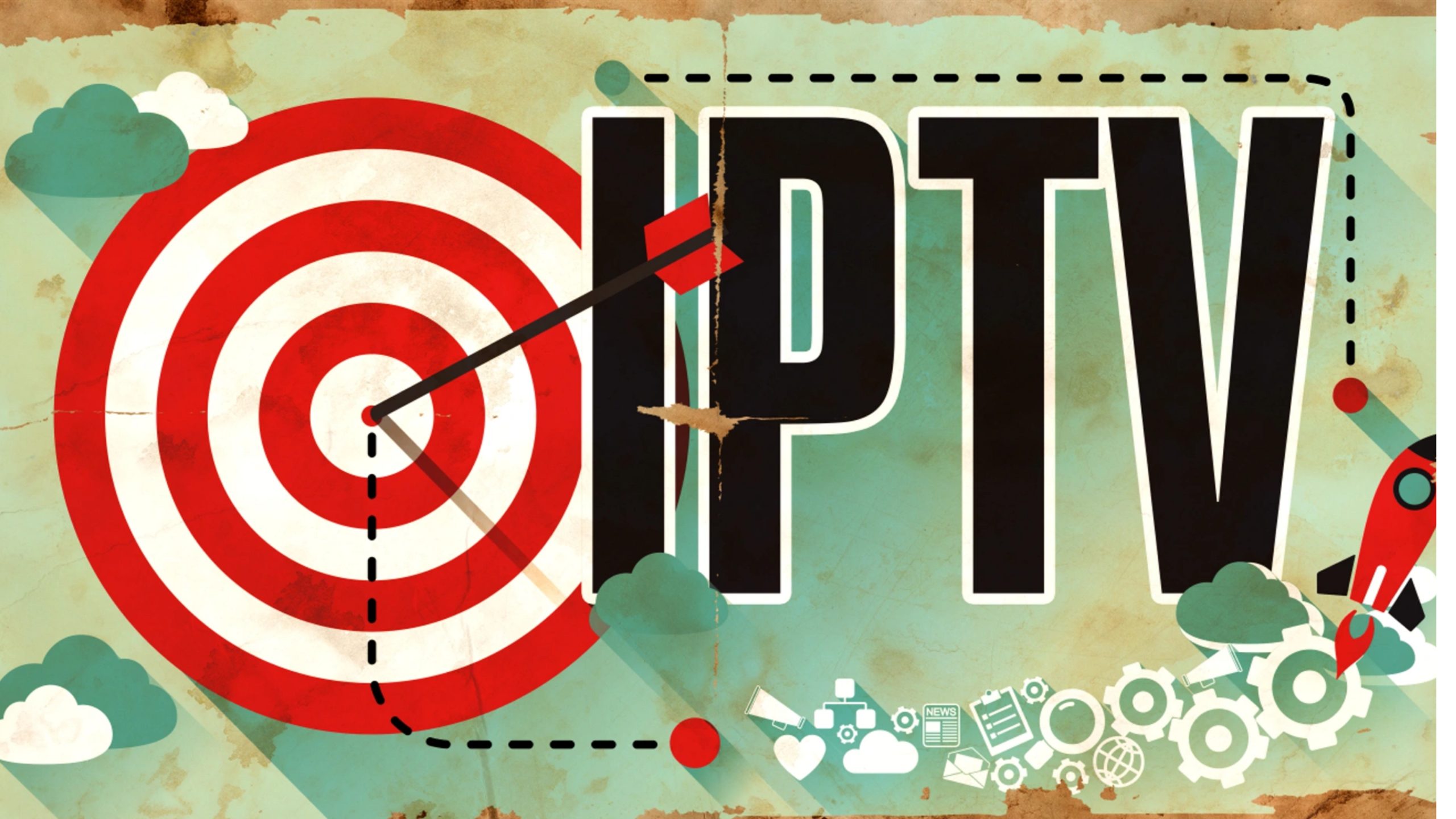Now Reading: The Best IPTV Legal Compliance What Providers Must Follow
-
01
The Best IPTV Legal Compliance What Providers Must Follow
The Best IPTV Legal Compliance What Providers Must Follow

Table of Contents
ToggleInternet Protocol Television (IPTV) has revolutionized content delivery, offering users a flexible and cost-effective alternative to traditional broadcasting. Unlike cable and satellite services, IPTV transmits content over the internet, requiring adherence to complex legal frameworks.
IPTV services are legally classified into three categories: licensed IPTV providers, grey-area services, and illegal streaming operations. Licensed providers operate under strict regulations, securing proper content distribution rights. Grey-area services function in legally ambiguous territories, exploiting loopholes in jurisdictional laws. Meanwhile, illegal IPTV services distribute copyrighted content without authorization, often facing severe legal consequences.
Regulatory bodies such as the Federal Communications Commission (FCC) in the U.S., the European Telecommunications Standards Institute (ETSI), and the International Telecommunication Union (ITU) set legal standards for IPTV operations, ensuring compliance with content distribution and consumer protection laws.
Licensing Requirements for IPTV Providers
To operate legally, IPTV providers must secure appropriate licenses that authorize the distribution of copyrighted content. These licenses typically fall into two categories: broadcasting licenses, which permit content transmission, and retransmission rights, required when redistributing third-party content.
Failing to obtain necessary licenses can result in heavy fines, service shutdowns, and legal actions from copyright holders. Many unauthorized IPTV providers operate under the misconception that internet-based content delivery exempts them from licensing laws—this is a dangerous oversight that can lead to lawsuits and criminal penalties.
Compliance with Data Privacy and Security Laws
With the rise of digital streaming, data privacy has become a crucial regulatory concern. IPTV providers must comply with privacy laws such as the General Data Protection Regulation (GDPR) in Europe and the California Consumer Privacy Act (CCPA) in the U.S., ensuring that subscriber data is protected from misuse.
A legally compliant IPTV service must implement robust encryption protocols to safeguard user information. Additionally, payment processing must adhere to security standards like PCI DSS to prevent fraud. Providers must also establish clear data retention policies, specifying how long user data is stored and under what conditions it may be shared with third parties.
Anti-Piracy Measures and Intellectual Property Protection
The battle against piracy remains a key legal challenge in the IPTV industry. Unauthorized redistribution of copyrighted content exposes providers to lawsuits from content owners, government agencies, and anti-piracy coalitions.
To maintain legal compliance, IPTV providers should implement content monitoring tools that detect and prevent unauthorized streaming. Collaborating with rights holders through licensing agreements and digital fingerprinting technology can further mitigate legal risks. Regulatory enforcement agencies, such as the Alliance for Creativity and Entertainment (ACE) and INTERPOL, frequently crack down on IPTV services operating without proper authorization, leading to high-profile takedowns and legal action.
Adherence to Regional IPTV Regulations
IPTV legality varies across jurisdictions, requiring providers to navigate different regulatory landscapes. In the United States, IPTV services must comply with the Copyright Act and the Digital Millennium Copyright Act (DMCA), ensuring that distributed content is properly licensed. In the European Union, IPTV providers must follow the Audiovisual Media Services Directive (AVMSD), which outlines content broadcasting regulations.
Operating across multiple regions introduces additional challenges. Licensing requirements may differ significantly between countries, necessitating region-specific compliance strategies. A legally sound IPTV provider must conduct thorough legal research before expanding its service internationally.
Best Practices for IPTV Providers to Ensure Compliance
To avoid legal pitfalls, IPTV providers should implement transparent terms of service that clearly define user responsibilities and content access policies. Conducting regular compliance audits can help detect potential legal vulnerabilities before they become liabilities.
Partnering with media lawyers and regulatory consultants is a proactive approach to staying updated on evolving legal frameworks. Additionally, adopting blockchain-based content verification and digital watermarking can help authenticate licensed content, reducing the risk of copyright infringement claims.
Ensuring legal compliance in the IPTV industry is a continuous effort that demands diligence and adherence to regulatory changes. By following established legal guidelines and implementing best practices, IPTV providers can operate securely while delivering high-quality content to their subscribers.



























